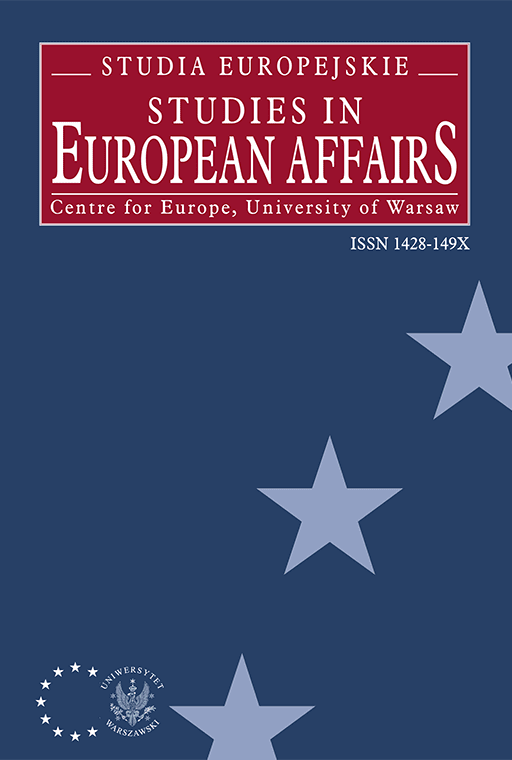
ISSUE: 3/2010
- Volume 55
- Number 3
- 2010
Subscribe NEWSLETTER
Studia Europejskie –
Studies in European Affairs
ISSN: 1428-149X
e-ISSN: 2719-3780
License
Articles published in the journal are under a Creative Commons Attribution – Non Commercial – No Derivatives 4.0 International License
System Regulacji Energetyki – niezależny organ regulacyjny w kontekście trzeciego pakietu energetycznego
The Energy Sector Regulation System – an independent regulatory body in the context of the third energy package
Abstract
New market-oriented regulation for network industries requires an active national regulatory authority which is independent from the influence of market players as well as from day-to-day governmental interference. The domestic regulatory authorities need to be legally and functionally separate from any other public or private entity. Moreover, their employees and decision makers should act independently of interests of any particular market player, any government body or any other public or private entity. For this reason, national regulatory authorities need to have legal, personnel and budgetary autonomy as well as appropriate human and financial resources and independent management. Third legislative package proposed by the Commission is about to strengthen national regulatory agencies giving them independence of legal person and budgetary autonomy. Further on, proposals of the package clear up the competencies of national regulators so that they should exercise monitoring of implementation of directives on energy liberalisation, analyse investment plans of transmission network operators, monitor market transparency and competition and protect consumers. All these measures aim to vest regulators with legal, functional and financial independence from market players and from the government authorities.
Language: Polish
Pages: 111-128
How to Cite:
Harvard
Nowak, B. (2010) "System Regulacji Energetyki – niezależny organ regulacyjny w kontekście trzeciego pakietu energetycznego". Studia Europejskie – Studies in European Affairs, 3/2010, pp. 111-128.